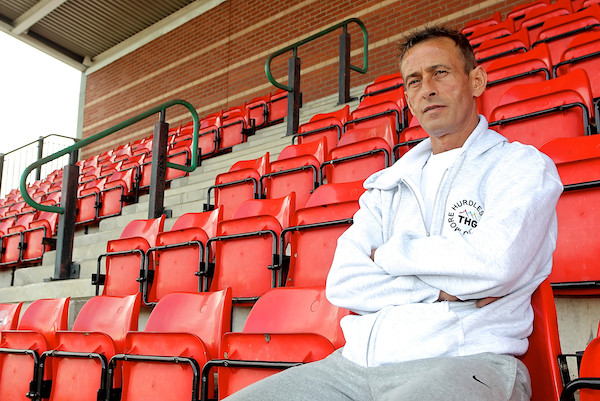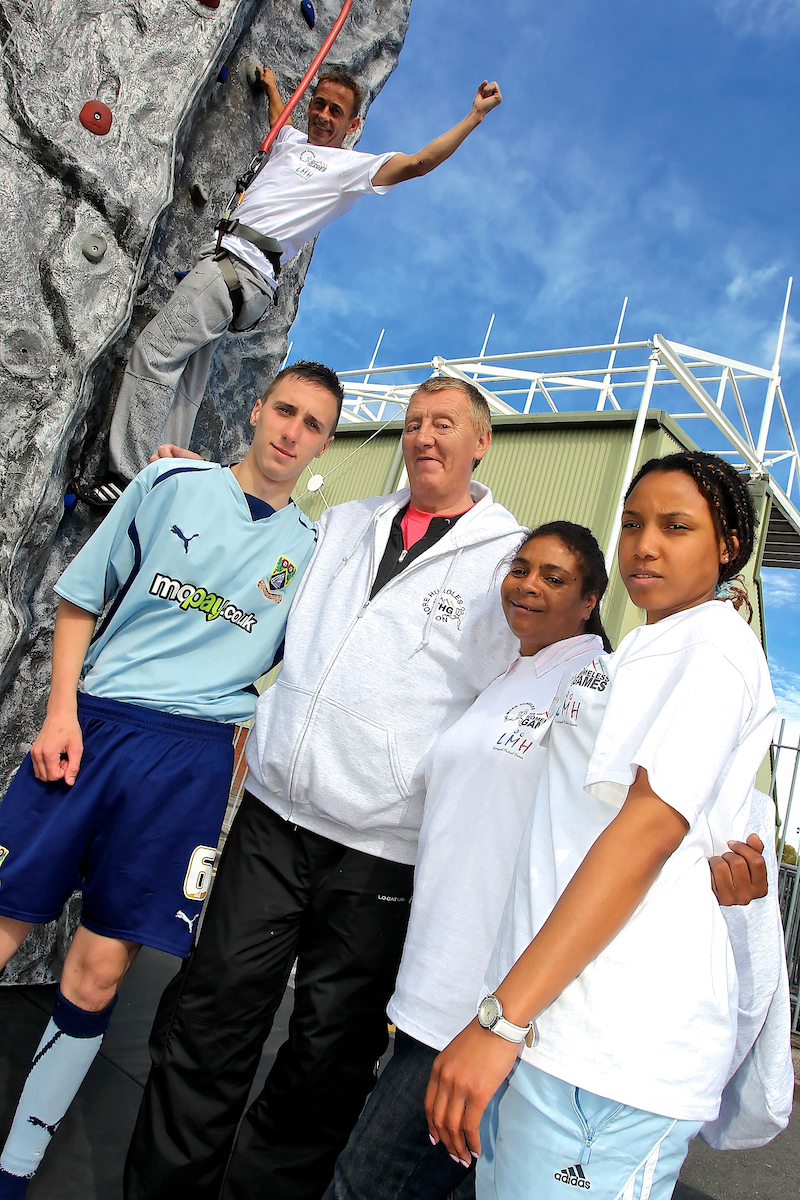
Any mention of “the games” and all eyes look to east London and this week, in particular, towards the newly-opened retail mecca and gateway to the games – Westfield.
But last week, the home of “the games” was the north west, as Liverpool hosted the second annual Homeless Games, a unique event that involved more than 400 people and has been dubbed locally as the Homeless Olympics.
Compared to next year’s sporting extravaganza, last week’s event might be short on history, size, razamatazz, budget and wholescale regenenerative impact, but it has heart and drive and the potential to support people towards a more stable life. It also boasts some native Liverpudlians and Olympic athletes as patrons (gymnast Beth Tweddle, boxer David Price and former high jumper Steve Smith).
Over two days last week, more than 400 people – those over 18-years-old who are homeless, or have been homeless in the last two years – participated in swimming, football, cycling, badminton. Alternative sporting events like chess, pool and tiddlywinks were also held at the competition at Wavertree Sports Park.
Eric Houghton, 46, from Anfield, began the Homeless Games after taking part in the 2002 Homeless World Cup. The father-of-two, now a support worker for homeless people, became homeless after family bereavements led him to spiral out of control and downward into alcohol abuse. When he got involved with the Homeless World Cup in 2002, the sporting and empowering event was the pivotal spark he needed to regain stability in his life.
Wanting to use the same approach on a more regional level, Houghton used a start-up grant from Cosmopolitan Housing Association to put together the first games last year. Competitors were given the opportunity to benefit from health services such as sexual health advice, diabetes screening and help with stopping smoking or tackling substance abuse.

Houghton says: “Getting involved in something positive like sport can give homeless people the sense of self-worth and community that they need. Although the Games only lasted for two days, we hope the effects will last a lot longer, and show people how much they can achieve.”
Local organisations including housing associations, police, health and the city council helped support the event and there’s a short film here, made last year:
